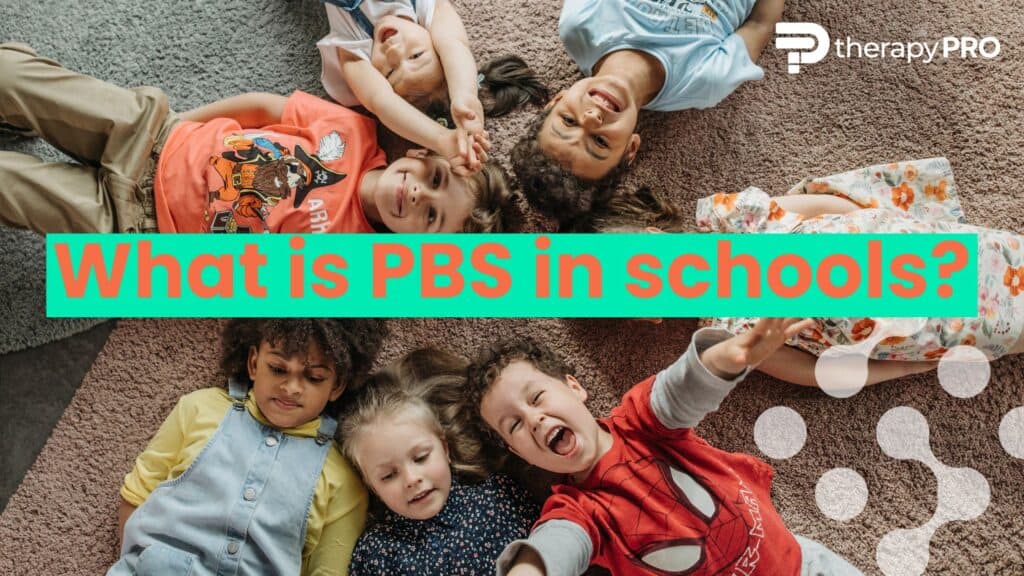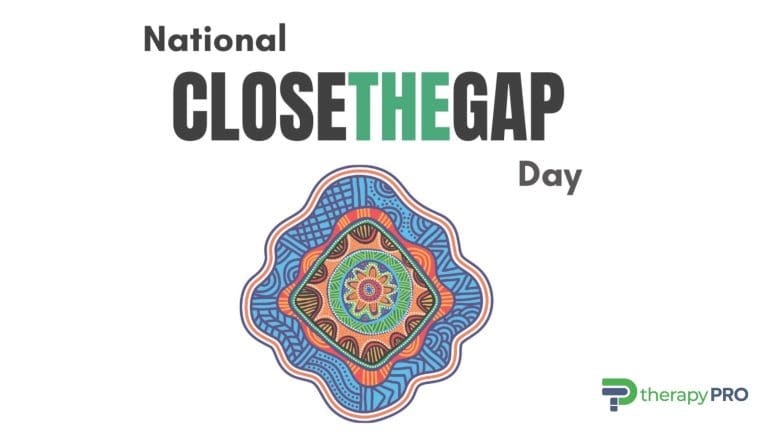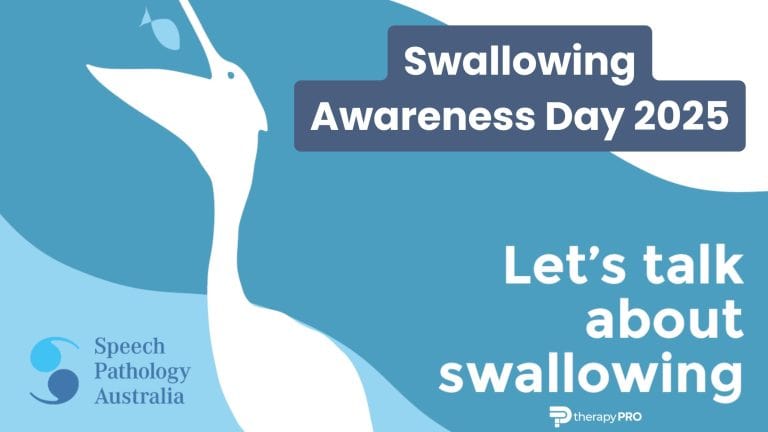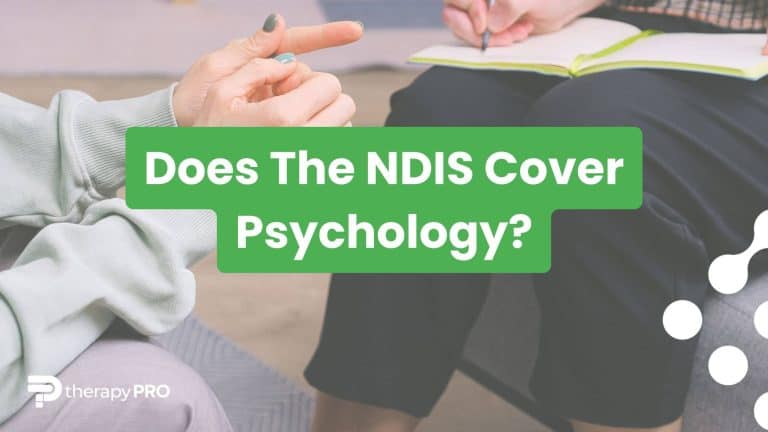What is Positive Behaviour Support in Schools?
Today, we’re diving into the transformative world of Positive Behaviour Support (PBS), particularly within the school setting.
PBS is a person-centred approach to guiding and understanding behaviour to encourage new ways to behave. It’s all about building up individuals (in the case of educators, their awesome little learners) in a positive and meaningful way. No blame games, no punishment, only a sea of positivity and growth!
PBS emphasises understanding the reasons behind a child’s behaviour and then using proactive strategies to support positive change.
Forming effective PBS strategies begins by articulating what challenging behaviour we want to see less of, then setting the scene for success and fostering an inclusive environment. The aim here is to help the child to feel valued and empowered to replace the challenging behaviour with something more positive.
What is the main aim of positive behaviour support?
At its core, PBS seeks to improve the quality of life for individuals.
It recognises that challenging behaviour is often the result of unmet needs. And by providing children with the skills and supports they need, we can help them engage in more positive and effective ways of behaving and communicating.
So, the main aim of PBS is simple yet powerful: to enhance positivity, inclusivity, and wellbeing in the child’s life.
And where do children spend a lot of their days? That’s right, at schools.
Educators play a massive role in the lives of our littlest people. It’s imperative that they are equipped to support their students and that they feel empowered to make environmental changes that can influence positive behaviour choices in the classroom.
So, what does behaviour support look like in schools?
Picture a classroom where every child feels understood and supported. A place where every little victory is celebrated, where everyone can learn, grow, and express themselves in a healthy way. This is what positive behaviour support looks like in schools.
PBS is a proactive approach. It involves setting clear expectations, teaching, and reinforcing positive behaviours, and tailoring supports to the needs of individual students.
It might mean tweaking the learning environment or curriculum, teaching self-regulation skills, or creating a personalised support plan for a child who needs extra help.
Within the education setting across most states and territories in Australia, PBS is often referred to as Positive Behaviour Learning (PBL) and many education departments have set up their own frameworks for what this might look like in the classroom.
Let’s take a look at the magic behind PBL frameworks.
What PBL frameworks are and how they’re implemented
PBL frameworks are usually delivered as a whole-school approach to promoting positive behaviour and reducing problem behaviour. Think of it as a guiding compass, pointing every student towards success and nurturing a culture of respect, responsibility, and safety.
Unlike traditional behaviour management classroom strategies, which often focus on addressing problem behaviour after it occurs, PBL proactively promotes positive behaviours. It’s about celebrating the good, and teaching kids the skills they need to be successful learners and members of their school community.
Implementing PBL in schools usually involves three key steps:
Setting clear expectations: As the educator in the room, let your kids know what positive behaviour looks like, whether they’re in the classroom, the library, on the oval, or in music class. It’s all about explicitly teaching and showing them which behaviours you expect from them.
Teaching positive behaviours: As the classroom teacher, you then actively teach these behaviours, just like you would teach any other subject. Focus on social and emotional skills, at all year levels. Teach your students about feelings and the skills to appropriately resolve conflict and problem solve. Provide opportunities for students to practice and apply these behaviours in different situations. Children love roleplaying games!
Acknowledging positive behaviours: When your students show you their best behaviour, celebrate it! This could be through verbal praise, recognition in assembly, or reward systems. Go ahead and make a song and dance about it in your classrooms!
Identifying individualised supports: Every child in your room is unique, and of course just as you would differentiate the curriculum to scaffold their learning, so too should you identify any supports they may require which would encourage positive behaviours. There are many online tools available to create a personalised approach based on their needs, interests, and skills. Start with your state or territory education departmental website.
Can PBS be accessed via the NDIS?
Great news for you and the families you work with – PBS can be accessed under the National Disability Insurance Scheme (NDIS).
The NDIS recognises the importance of positive behaviour support for children with disabilities and includes funding for specialised services like connecting with a behaviour support practitioner.
A PBS practitioner plays a crucial role in developing and implementing a PBS plan. They work closely with families, educators, and children to understand the possible reasons behind challenging behaviours and to identify strategies to replace these behaviours.
This means that families can get the help they need to promote their child’s positive behaviour at home and in school.
Some children may require additional therapeutic supports as part of the PBS plan, such as occupational therapy, speech therapy, and psychology or social work services, to complement PBS strategies. Access to such multidisciplinary services can also be covered by the NDIS. Families may also be able to seek the help of an NDIS support coordinator.
The NDIS has an excellent section on their website with many PBS fact sheets available for families and participants. It’s a great first step to finding out more.
How can teachers recommend PBS to parents?
As an educator, you might spot a child who could benefit from PBS. Here’s how you can gently guide parents:
Express concerns openly and empathetically: If you notice consistent challenging behaviours, discuss your recorded observations with the child’s parents. Let them know that you’re coming from a place of concern for the child’s wellbeing and growth.
Explain PBS: Describe what positive behaviour support is, how it can benefit their child, and how it aligns with your teaching practices. This flyer provides high level information about PBS services that you might find useful.
Talk about the NDIS: Let parents know that they might be eligible for NDIS funding to access PBS services. The NDIS website is always a good place to start for parents finding themselves considering funding for the first time.
Next steps: Get connected with an incredible PBS practitioner.
Positive behaviour support is a powerful tool, but sometimes, you need help from a practitioner to make it work successfully.
By connecting with a PBS practitioner, parents can get the guidance and support they need to implement positive behaviour strategies at home, ensuring consistency and continuity for the child between school and home environments.
Remember, educators, you’re not alone in this journey! Our team at Therapy Pro is here to help. Work with a positive behaviour support practitioner through fee-for-service and under the NDIS, and we’re excited to work with you and the families you serve.
Together, we can create an inclusive, positive, and vibrant learning environment for every child.
Contact us below with any questions:
About the Author
Danielle F | Senior Positive Behaviour Support Practitioner & Senior Social Worker
Danielle is an experienced Positive Behaviour Support (PBS) practitioner and Senior Social Worker with a passion for helping individuals thrive in educational and community settings. With extensive experience working across schools, homes, and community-based programs, Danielle specialises in supporting children with diverse needs, ensuring they have the strategies and environment necessary to succeed.
At Therapy Pro, Danielle collaborates with educators, families, and support networks to create practical, evidence-based interventions for positive behaviour support. She is dedicated to fostering inclusive environments where every one has the opportunity to develop independence, confidence, and meaningful relationships.




